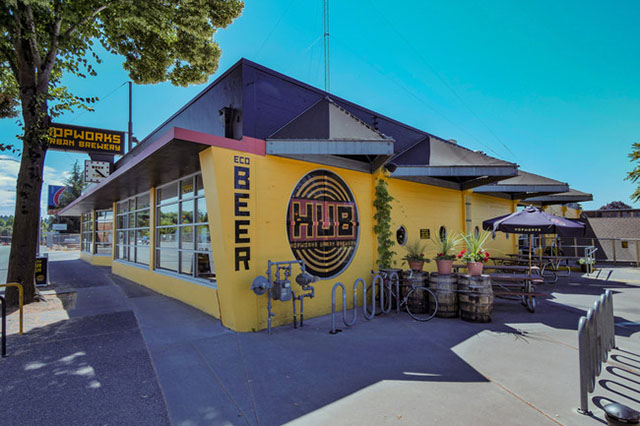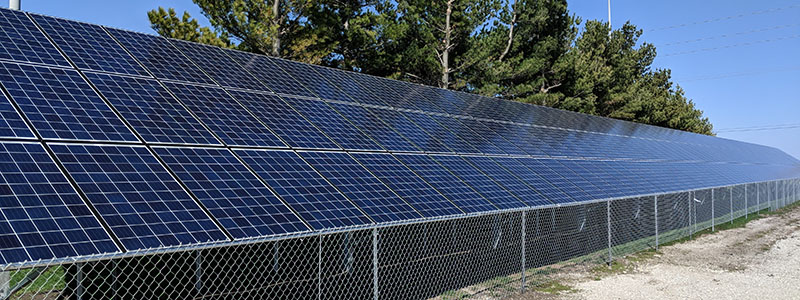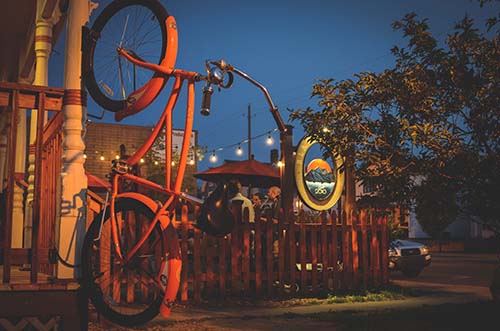
From an environmental perspective, it makes a lot of sense to harness natural energy. And breweries have very quickly been adapting.
From a financial perspective, a project like this can make a lot of sense. It did for Denver Beer Co. Co-founder Patrick Crawford said the cash return will be less than five years for his brewery.
Sustainability is a big part of the conversation in many industries these days. And consumers have shown that they like knowing that the products and companies they support are being produced in an environmentally and socially responsible way.
Portland-based Hopworks Urban Brewery has added solar to both their brewery and restaurant for 100 percent renewable energy.
“At Hopworks, we’re deeply committed to environmental sustainability and conservation,” said Brewmaster and Founder, Christian Ettinger in a press release. “In addition to sustainable business practices, we want to ensure our business is powered by 100 percent clean energy. Our partnership with 3 Phases Renewables helped us to not only go green, we’ve also saved money on our electricity bill. It’s been what we like to call a ‘win-win’ for our business and for the local environment.”
Known as “Direct Access,” business customers in Oregon may opt out of purchasing electricity from their existing utility and instead, go with an independent third party. A huge benefit to companies choosing to go this route is there are no onsite project costs and electricity is delivered without interruption through existing power lines after the switch. It’s a simple solution for companies who want to support renewable energy projects and make the switch seamlessly and quickly.
Money isn’t always the reason for switching to sustainable methods in brewing. It can be for caring about the environment as well. Of course, the savings on the bottom line probably don’t look to bad either. For Vermont’s The Alchemist, it meant installing 100 percent electric solar power for its Waterbury brewery location.
“We might not be saving a lot of money, but we are certainly are not spending more money,” said co-owner Jen Kimmich. “It really was a no-brainer.”
When it came to a decision of where Riggs Beer wanted to allocate the bit of extra cash, they could have increased volume, which was right around 1,000 barrels via draft-only, with a packaging line or more fermentation capacity pushing product further away from its home of Urbana, Illinois — to the brothers, the choice was simple.
“It was the last thing we want to do to bring on a whole bunch of debt and have to sell beer far away from the brewery,” Matt Riggs said. “That’s a bad position to be in. So it was easier to say let’s look at the cash flow that we’ve got and see if we can make a transition to solar instead.”




Be the first to comment